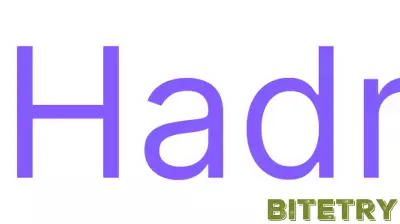April 14, 2025 - 17:19

The notion that artificial intelligence is merely a tool oversimplifies its profound implications on society. Unlike traditional tools, AI possesses the ability to learn, adapt, and make decisions, which raises ethical and practical concerns that demand careful consideration. As AI systems become increasingly integrated into various sectors, from healthcare to finance, the potential for unintended consequences grows.
This technology is not just an extension of human capability; it has the power to influence decisions that can affect millions of lives. The risks associated with bias in AI algorithms, privacy violations, and job displacement are significant and warrant serious dialogue. Furthermore, the lack of transparency in how AI systems operate complicates accountability and trust.
As we navigate the complexities of AI, it is crucial to recognize its dual nature—both as a catalyst for innovation and a source of potential harm. Society must engage in thoughtful discussions about the ethical frameworks and regulations needed to harness AI responsibly, ensuring that its benefits are maximized while mitigating risks.



